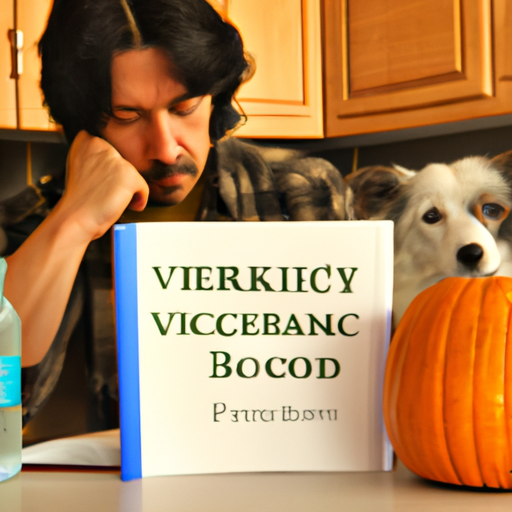1. Understand What Diarrhea Is
We’ve all been there. You’re taking your beloved pet for a casual walk, and suddenly, you find yourself in a messy situation. Diarrhea in dogs is not only unpleasant for you, but it can also be a sign of something going awry in your pet’s body.
Diarrhea is characterized by loose or liquid bowel movements, which can occur more frequently than your dog’s normal defecation routine. It might also be accompanied by additional symptoms such as lethargy, loss of appetite, and vomiting.
2. Identify The Causes
Before you panic, remember that diarrhea in dogs can be caused by a variety of factors. Some of the common ones include:
- Dietary indiscretion: Your dog might have consumed something it shouldn’t have, like garbage or spoiled food.
- Change in diet: Dogs have sensitive stomachs and sudden changes in diet can cause digestive issues.
- Parasites: Worms and other intestinal parasites can trigger diarrhea in dogs.
- Infections: Bacterial, viral, or fungal infections can also be the culprit.
| Causes | Symptoms |
|---|---|
| Dietary indiscretion | Vomiting, loss of appetite |
| Change in diet | Gas, bloating |
| Parasites | Weight loss, poor coat condition |
| Infections | Fever, lethargy |
3. Implement Home Remedies
For mild cases of diarrhea, you can try some home remedies to help your dog’s digestive system get back on track. But remember, when in doubt, always consult with a veterinarian.
- Fasting: Give your dog’s digestive system a break by withholding food for 12-24 hours. However, ensure they have access to plenty of fresh water to prevent dehydration.
- Bland diet: After fasting, reintroduce food gradually. Start with a bland diet of boiled chicken and rice, which is gentle on the stomach.
- Probiotics: These can help restore the balance of good bacteria in your dog’s gut, aiding in digestion and nutrient absorption.
4. Seek Veterinary Care
If your dog’s diarrhea persists for more than a day, it’s time to see the vet. Chronic diarrhea can lead to dehydration, anemia, and other serious health complications. Your vet will be able to diagnose the cause of diarrhea and recommend appropriate treatment.
5. Prevent Future Occurrences
Prevention is always better than cure. Ensure your dog is regularly dewormed, maintain a consistent and balanced diet, and monitor what your dog is eating, especially during walks or outdoor play.
FAQs
Q: When should I take my dog to the vet for diarrhea?
A: If your dog’s diarrhea persists for more than a day, it’s time to see the vet. Also, if it is accompanied by other symptoms like vomiting, fever, and lethargy, seek immediate medical attention.
Q: Can I give my dog human medication for diarrhea?
A: Always consult with a vet before giving your dog any medication. Some human drugs can be toxic to dogs.
Q: Can I prevent my dog from getting diarrhea?
A: Yes, regular deworming, a consistent and balanced diet, and monitoring what your dog eats can help prevent diarrhea.
Remember, as a loving caregiver, your pet’s well-being depends on you. Be vigilant, be knowledgeable, and above all, be loving and patient.



